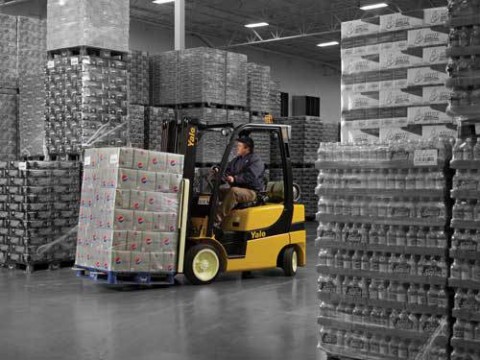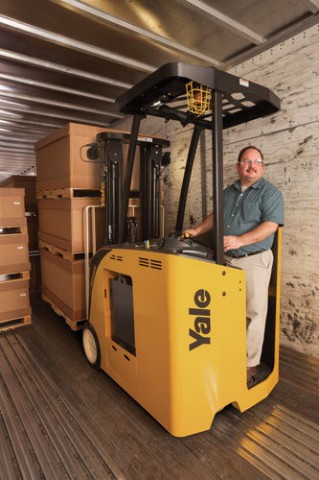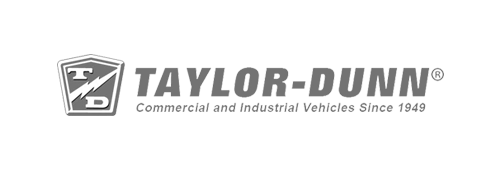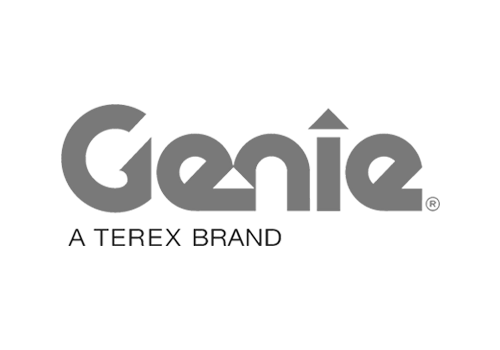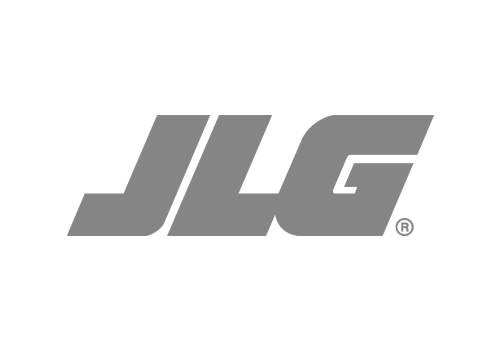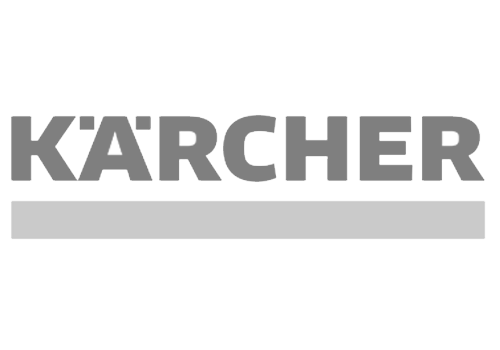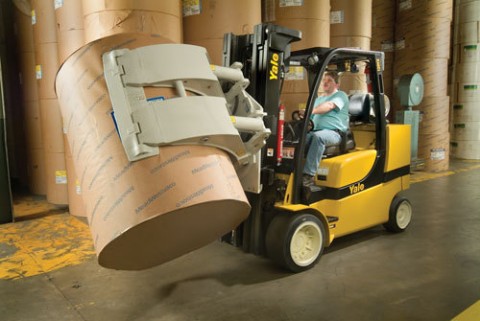
A 3PL, or third party logistics company, helps manufacturers, retailers and wholesalers with product fulfillment and distribution. One of the main reasons why retailers decide to work with a 3PL is because they value the flexibility. 3PLs can scale up and down as client needs change and accommodate a range of product types. Clients rely on this flexibility because, without it, they could face major problems in their supply chain any time something changes.
When thinking about adapting and restructuring, a lot of 3PLs focus on software to help keep them moving forward. Efficiency actually begins with the warehouse equipment and with the workers who are operating them. Barclay Brand Ferdon explores why it’s so important to focus on those things first before prioritizing technology.
Investing in a Flexible Fleet
3PLs are unique in that they often work with more than one client. A single 3PL company could be handling and transporting food, healthcare products, clothing, electronics and appliances all at the same time. At the warehouse level, this means they must be prepared to move and store a wide range of products at large volumes. Accounts, products and consumer demand are always changing, and 3PLs need solutions that can help them keep up.
Most standard forklifts and other warehouse equipment are designed with specific uses in mind. Since 3PLs need equipment to perform many different applications, they either have to invest in separate types of trucks or purchase ones outfitted with special enhancements. For example, we often recommend machines such as rider lift trucks with special hydraulic attachments that enable them to handle odd loads, like rolls of product or appliances. Pallet jacks, end rider pallet jacks and reach trucks also provide the flexibility a 3PL warehouse needs.
When building the fleet, some third party logistics companies also take advantage of flexible financing options and rentals. They can review their analytics to help them determine which trucks make the most sense to invest in long-term, and which ones don’t.
The Importance of Maximizing Productivity
For a third party logistics company, productivity is everything. This is especially true now, as the economy continues to grow and consumer spending increases. That’s why many 3PLs rely so heavily on new telematics technology and software for data collection and tracking. Systems like Yale Vision are a great example of how warehouse managers can use technology to improve fleet management and other processes. With Yale Vision, they have access to all the following information:
- Key performance indicators per truck
- GPS location of each truck
- Equipment diagnostics and maintenance schedules
- Impact detection
- And so much more
This type of technology allows 3PLs to keep the warehouse flowing smoothly and maximize uptime. Other types of investments are important, too. Scheduled maintenance programs and lift truck operator safety training are two more essential components of productivity that every 3PL should focus on. When everything on the ground level is well-oiled and functioning as it should, companies can get a solid foundation in place for future growth.
Ask About Our Equipment Solutions Today
With the right type of equipment, the right safety training and the right telematics systems, third party logistics companies can stay flexible and productive. If you’re a warehouse manager for a 3PL, contact Barclay Brand Ferdon today. We’ll be happy to help with all your equipment, financing, maintenance and training needs.
Interested in finding other ways to improve your warehouse efficiency? Check out this case study.

